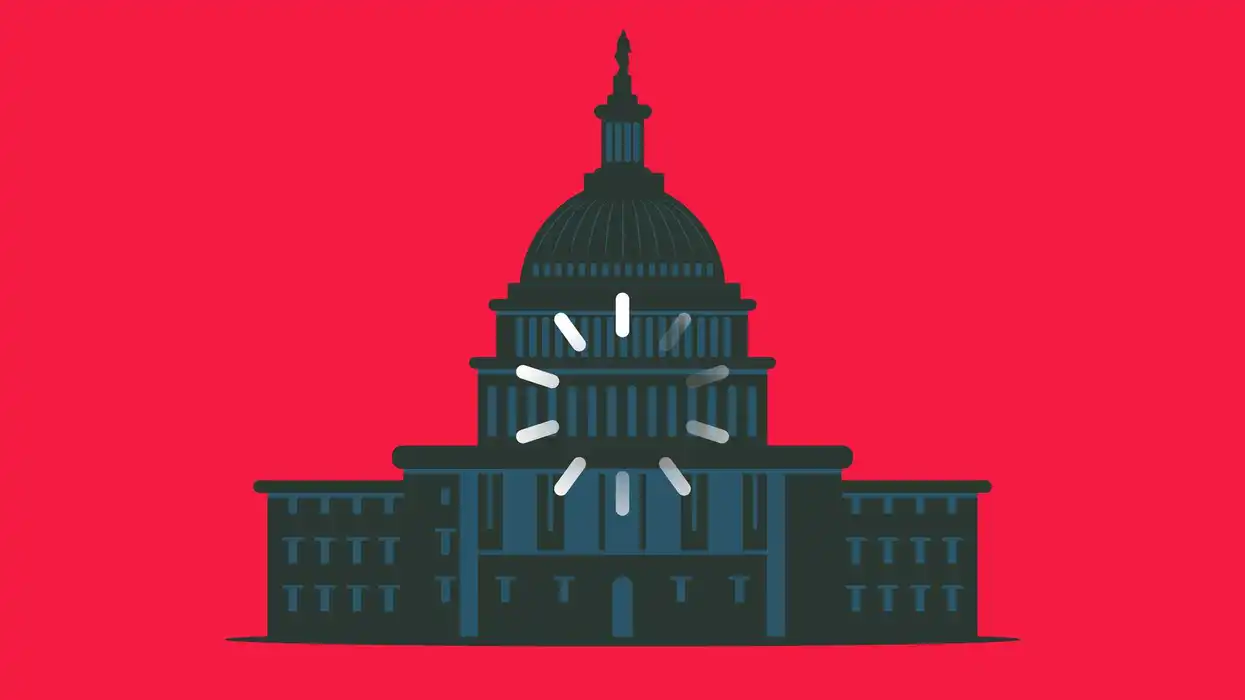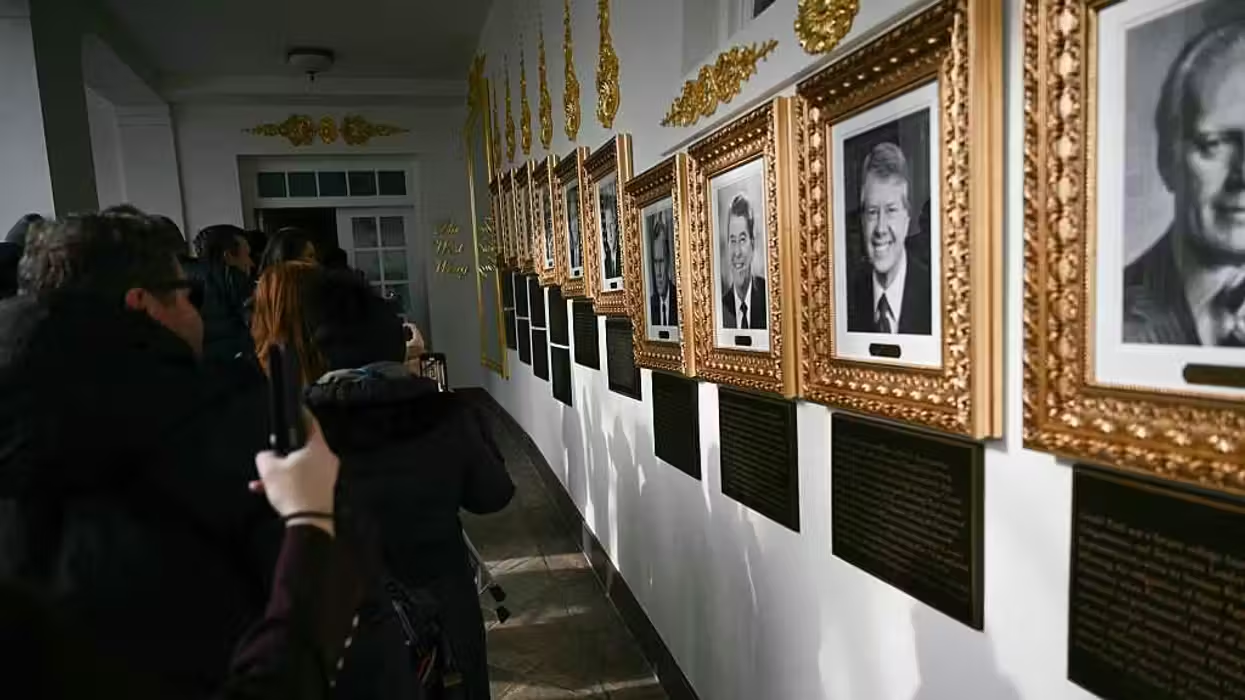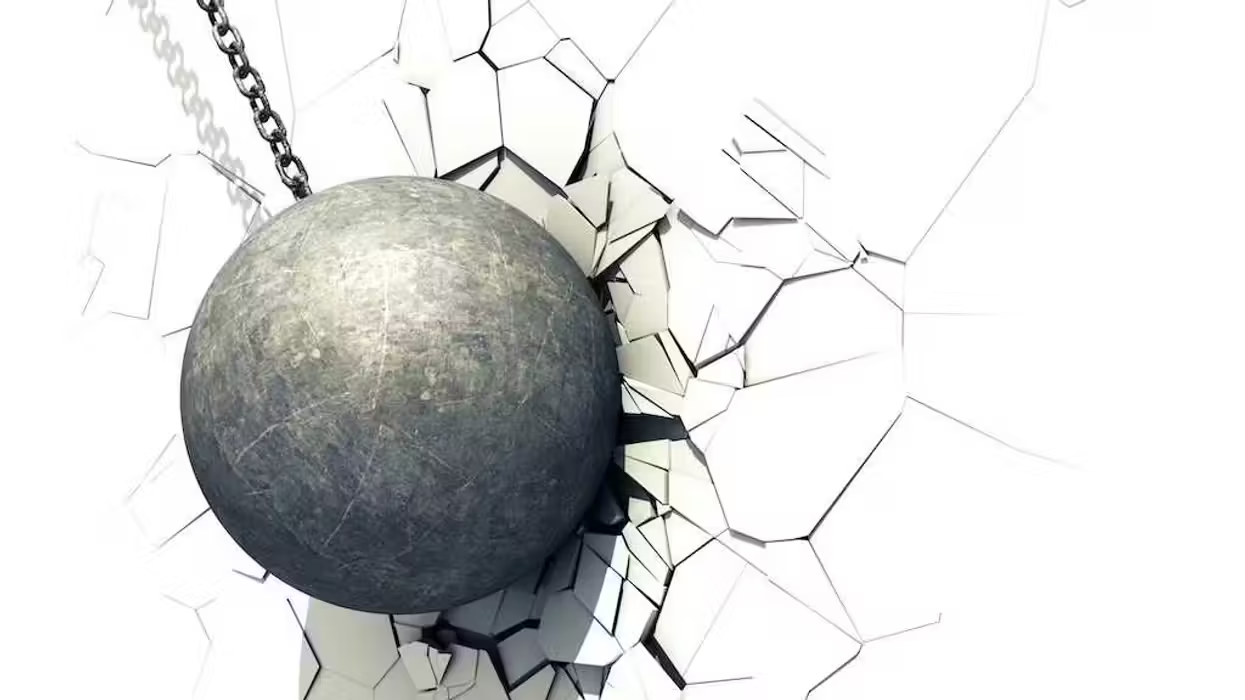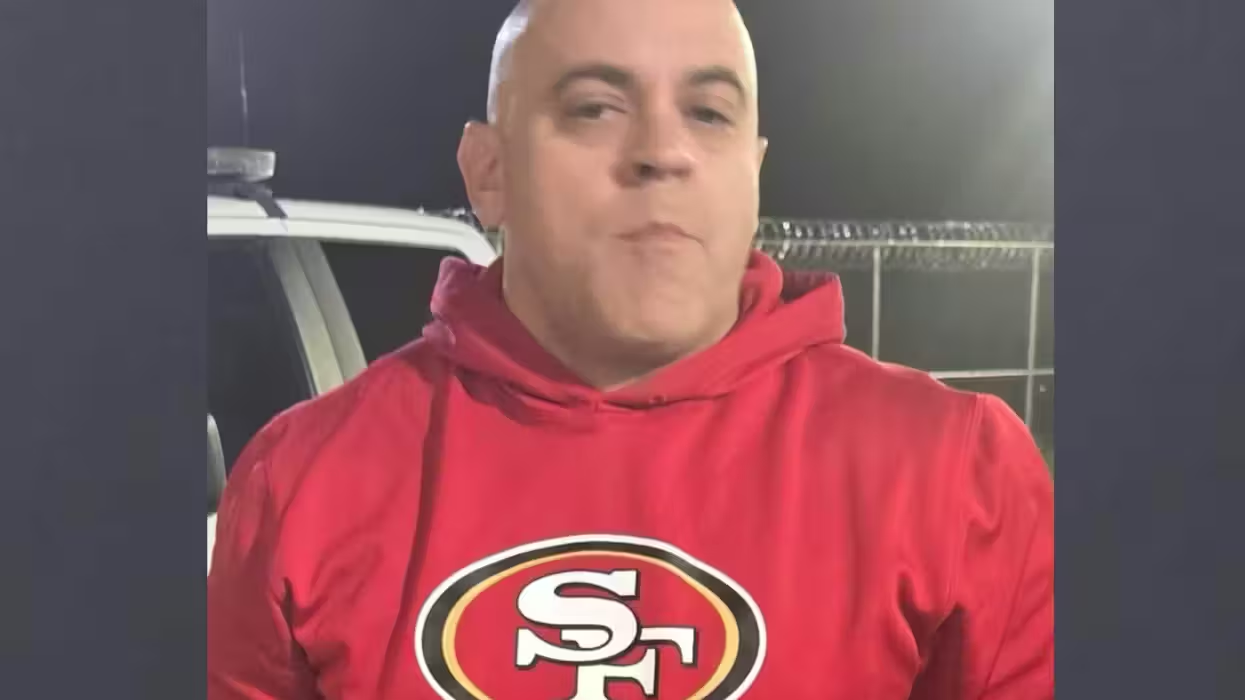
© 2025 Blaze Media LLC. All rights reserved.
Say Cheese! Some States Put Drivers' License Photos in Facial Recognition Database for Law Enforcement Use
June 17, 2013
“I don’t know if that’s what citizens expect when they come in and get their driver’s-license pictures taken.”
Although it has been said the NSA's programs collecting communication data is targeting foreigners to thwart potential terrorist activity, the Washington Post has an in-depth feature on a database that hits much closer to home for many Americans. In fact, many can look into their wallet and find the card that entered them into it in the first place -- their state-issued photo ID.
The Post reports that 37 states use facial recognition in drivers license registrations. Twenty-six of these states also allow law enforcement -- local, state and federal -- to search or request searches of the database as photos could pertain to investigations.
 (Image: Washington Post)
(Image: Washington Post)
Although some like Scott McCallum with the facial-recognition unit in Pinellas County, Florida, say the technology is meant to "benefit law enforcement, not to violate your privacy rights," there are others who worry about its potential for misuse.
“As a society, do we want to have total surveillance? Do we want to give the government the ability to identify individuals wherever they are . . . without any immediate probable cause?” Georgetown law professor Laura Donohue said to the Post. “A police state is exactly what this turns into if everybody who drives has to lodge their information with the police.”
Facial recognition is a tool that the Post notes currently has some technology pitfalls compared to other identification methods, but it is expected to improve in the coming years.
Here's how the Post lays out a couple of its uses among law enforcement:
It’s a fine line where you need to protect the rights of the citizens, but you also are protecting the right of citizens when you ferret out crime,” said Anthony J. Silva, administrator of Rhode Island’s Division of Motor Vehicles and a former town police chief.Establishing identity, Silva said, is essential to effective police work: “I can’t tell you how many times I was handed fraudulent documents. And when you are on the street at 3 a.m., who do you call?”
Pennsylvania’s Justice Network, which has allowed police anywhere in the state to compare a facial image with mug-shot databases, has become a key investigative tool, officials said, and last month it added access to 34 million driver’s-license photos. (Some residents have several images, taken over years.)
A detective in Carlisle, Pa., attempting to learn the real name of a suspect known on the street as “Buddha the Shoota” compared a Facebook page picturing the man with the mug-shot database and got a promising lead.
“Facebook is a great source for us,” said Detective Daniel Freedman, who can do facial searches from his department-issued smartphone. “He was surprised when we walked in and said, ‘How you doin’, Buddha?’ ”
He said the suspect responded, “How you know that?” — to which Freedman replied simply, “We’re the police.”
 An officer in Pinellas County takes a photo of a person who was stopped and then verifies her identity in the state's database. (Image: Washington Post video screenshot)
An officer in Pinellas County takes a photo of a person who was stopped and then verifies her identity in the state's database. (Image: Washington Post video screenshot)
If you've applied for a U.S. passport, the State Department has your photo in a database, which the Post says is more limited in terms of access for investigations. The FBI does not collect drivers' license photos -- only criminal mugshots -- but the Post reported the motor vehicle departments in 10 states having agreed to give the FBI access to their license databases.
“I can see it’s an amazingly powerful tool. It has a lot of possibilities,” Brenda Nordlund with the Motor Vehicle Division in Montana told the Post. “I don’t know if that’s what citizens expect when they come in and get their driver’s-license pictures taken.”
If you're wondering who could have your photo, check out the Post's interactive tool (on page 2).
Featured image via Shutterstock.com.
--
[related]
Want to leave a tip?
We answer to you. Help keep our content free of advertisers and big tech censorship by leaving a tip today.
Want to join the conversation?
Already a subscriber?
more stories
Sign up for the Blaze newsletter
By signing up, you agree to our Privacy Policy and Terms of Use, and agree to receive content that may sometimes include advertisements. You may opt out at any time.
Related Content
© 2025 Blaze Media LLC. All rights reserved.
Get the stories that matter most delivered directly to your inbox.
By signing up, you agree to our Privacy Policy and Terms of Use, and agree to receive content that may sometimes include advertisements. You may opt out at any time.






